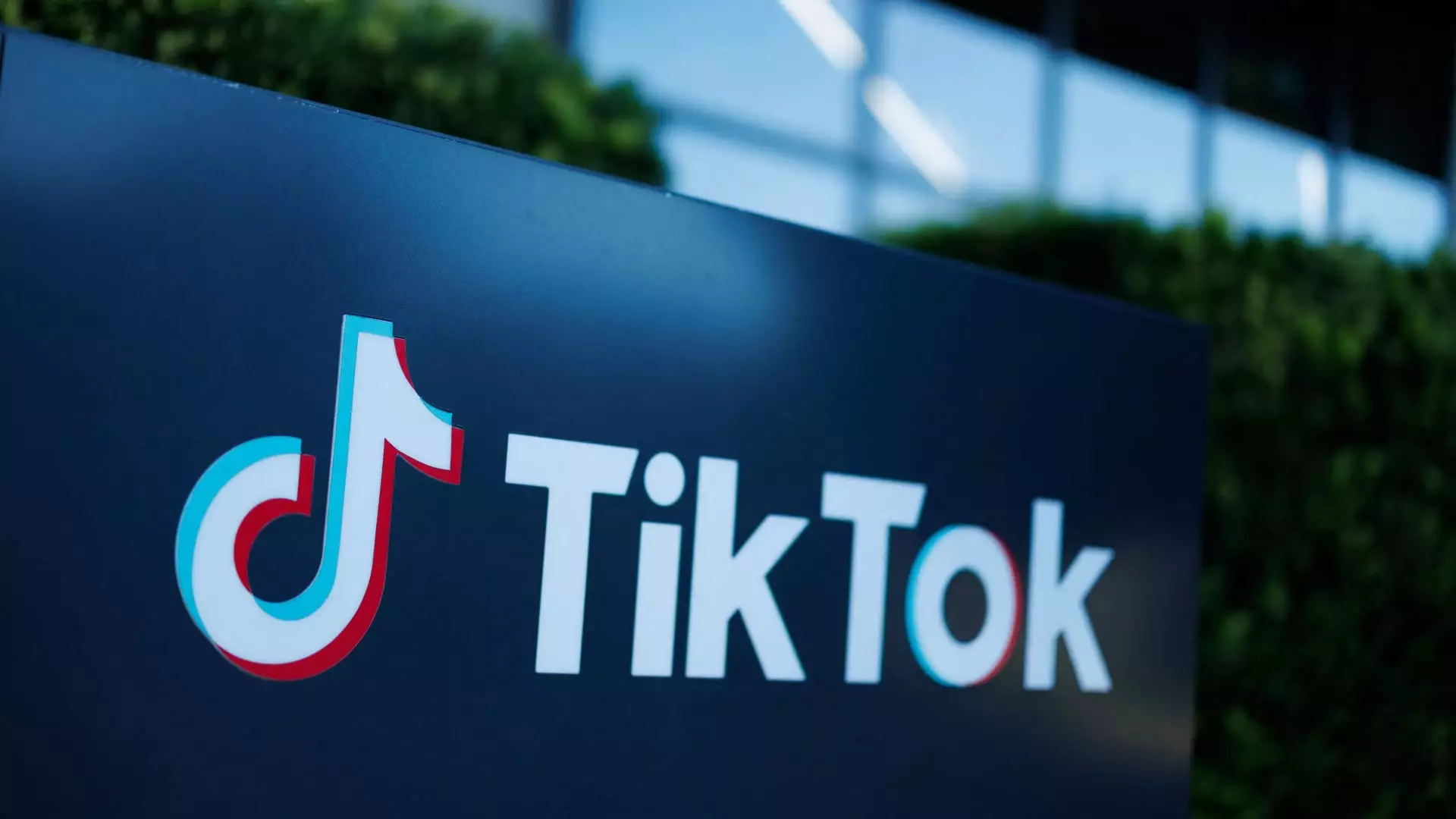In recent days, TikTok, the popular social media platform, has found itself in the crosshairs of a serious legal controversy. Led by Brian Schwalb, the Attorney General for the District of Columbia, a coalition of 13 bipartisan state attorneys general has put forth allegations that TikTok is exploiting its younger audience financially through its virtual currency system. This claims that the platform is operating in a manner reminiscent of unregulated gambling operations, coercing children into engaging with its financial ecosystem. Such significant accusations invite an urgent discussion about the ethical implications of TikTok’s operational practices and broader implications for similar platforms.
One of the central issues highlighted in these allegations involves TikTok’s age verification protocols. The lawsuit argues that TikTok has poorly executed measures to prevent underage users from engaging in financial transactions, enabling children to effortlessly bypass restrictions intended to safeguard them. This lack of effective age verification not only raises concerns about compliance with existing laws but also about the moral obligations that social media companies have toward their young users. It poses a critical question: How responsible are platforms like TikTok in ensuring that their services do not exploit their most vulnerable users?
The core of the allegations centers on TikTok Coins, the in-platform virtual currency that allows children to buy “gifts” for livestreaming content creators. The platform profits substantially from these transactions, reportedly extracting up to 50% from every exchange. This raises the troubling issue of whether the platform is promoting a culture akin to gambling, where children engage in real financial transactions using money earned from parents, often without fully understanding the implications. In this digital landscape, children may find themselves trapped in a cycle of indulgence without the necessary framework for evaluation and restraint.
Using insights from experts like Gabriel Robins from the University of Virginia, it becomes clear that TikTok employs a strategic marketing approach that obscures the financial risks associated with its digital currency. By creating an engaging, joyful user experience, the platform diminishes the perception of danger inherent in its economic model. This method of manipulation is particularly concerning for minors who are developmentally ill-equipped to navigate financial decisions. Robins articulates the inherent dangers of making financial interactions seem benign and entertaining, creating a perfect storm for exploitation.
The lawsuit against TikTok arrives at a crucial juncture not just for the company, but also for the larger digital economy. As other platforms adopt similar financial practices aimed at monetizing user engagement, the scrutiny faced by TikTok may well serve as a catalyst for broader regulatory examination across the industry. As Brooke Erin Duffy, a communication professor at Cornell University, notes, these developments could compel social media companies to revisit their definitions and frameworks of economic transactions. If TikTok’s practices are deemed excessively exploitative, this could usher in sweeping changes in how digital currencies and financial transactions are regulated.
In light of these allegations, stakeholders—including parents, users, and lawmakers—must engage in dialogue surrounding the ethical responsibilities of social media platforms. There is a pressing need for comprehensive regulations that hold companies accountable for their impact on youth, ensuring that safeguards are in place to mitigate financial exploitation. As technology continues to weave itself into the fabric of our daily lives, vigilance and proactive reform become paramount to protect vulnerable populations from predatory practices. Addressing these issues today lays the groundwork for a more ethical future in the increasingly complex interplay of technology, finance, and youth engagement.
The ongoing challenges encapsulated in TikTok’s practices serve as a poignant reminder of the responsibilities that come with power in the digital age. Regulation and reform are not merely optional—they are necessary for safeguarding the integrity of both platforms and their users.


Leave a Reply